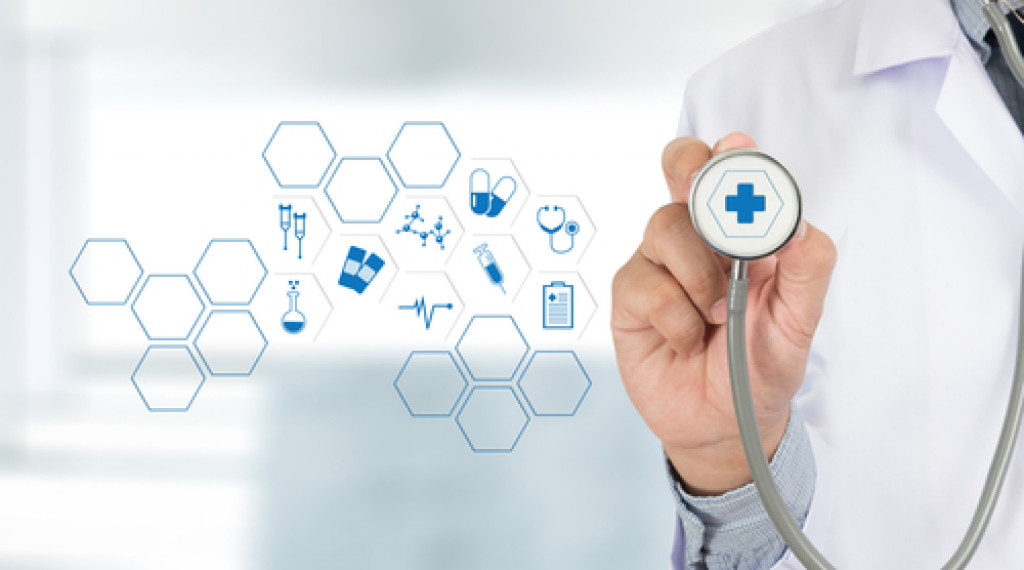Technology is transforming how people access healthcare, and there are many ways it can help manage your health. From online consultations to AI-powered platforms, technology has made it easier than ever for people to get the medical advice and support they need. Take a look at five ways technology can help with healthcare needs.
Telehealth Services
Telehealth services have become increasingly popular in recent years as a way for people to get medical advice without leaving their homes. With telehealth services, you can connect with a doctor or specialist over video conferencing or on the phone for a virtual consultation. This means you can get professional medical advice without finding time for an appointment at a clinic or hospital.
Telehealth services are especially beneficial for those with busy schedules or who live in rural areas, where access to healthcare can be limited. By using telehealth services, patients can get the same medical advice and support without worrying about long wait times or making special trips. Additionally, insurance plans typically cover telehealth services, making them an affordable option for people who need healthcare services but may not have the financial resources to visit a clinic.
Wearable Health Monitors
Wearable health monitors are becoming more common as well, allowing people to keep track of their own health in real time. These devices come in all shapes and sizes, ranging from simple fitness trackers that measure steps taken to more sophisticated devices that monitor heart rate and other vital signs. This makes it easier to keep tabs on your health and quickly act if something doesn’t feel right.
Wearable health monitors are also a great way to stay in tune with our body’s needs. Many of these devices come with apps that give personalized advice on maintaining healthy habits, such as reminders to drink water or get enough physical activity throughout the day. Additionally, many wearables have features that allow you to share your health data with doctors and other medical professionals. If something starts to feel off, you can quickly alert them of any changes.
AI Platforms

AI-powered platforms are also revolutionizing healthcare by providing personalized care plans tailored to each individual patient’s needs and lifestyle habits. By utilizing AI algorithms, these platforms can offer patients personalized recommendations based on their data points, helping them make informed decisions about their own healthcare plans.
One example of an AI-based healthcare platform is the IBM Watson Health Platform, which utilizes data analysis to help doctors better diagnose and treat patients. The platform can also provide insights into trends in patient care, allowing doctors to identify areas where they might need more resources or new treatments to serve their patients better. Additionally, AI-powered platforms are being used to detect signs of diseases such as cancer and other conditions that could be difficult for humans to detect.
Online Medical Resources
Technology has also made it much easier for individuals to access medical resources online to stay informed about their health conditions without needing to visit a doctor’s office whenever they have a question or concern. Many websites now offer comprehensive information about different medical conditions, treatments, medications, and more so that patients can be better prepared when they do visit the doctor’s office or hospital emergency room.
Online resources have made health care much more accessible, allowing people to find trustworthy answers to their health questions from the comfort of their own homes. In addition, many healthcare providers now offer online services such as telehealth and virtual consultations for those who need medical advice but can’t make it into a clinic or hospital. SEO services for home care providers have also increased, making it easier for patients to find the right home care agency online. Home care services allow patients to receive quality medical treatment without having to leave their homes, making it easier and more comfortable for them to manage their health.
Diagnostic Tools
Finally, advances in diagnostic tools have made it possible for doctors to conduct tests remotely using specialized equipment connected via the internet so that patients don’t have to travel long distances just for tests or screenings such as MRI scans or X-ray imaging tests. This helps make getting accurate diagnoses faster and easier while reducing wait times associated with traditional screenings and costs related to travel expenses required by some tests or screenings, which require specialists far away from patients’ hometowns in many cases.
Remote diagnostic tools also allow patients to get their results quickly and conveniently, eliminating the need for long wait times associated with traditional tests. By utilizing real-time data analysis, these machines can provide doctors with instant feedback about a patient’s condition so that they can be better informed when making treatment decisions. Additionally, many of these machines are designed to be easily portable, allowing for improved access to healthcare in remote or underdeveloped areas where traditional medical centers may not be available.
Final Words
Technology has revolutionized healthcare in many ways, making it easier than ever for people to access quality care from anywhere in the world! From telehealth services and wearable health monitors to AI platforms and diagnostic tools, technology is empowering people like never before when it comes to managing your own healthcare needs! With these powerful tools at your fingertips, you have greater control over your own wellness than ever before.
